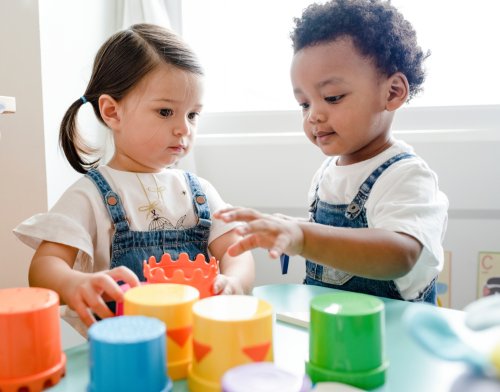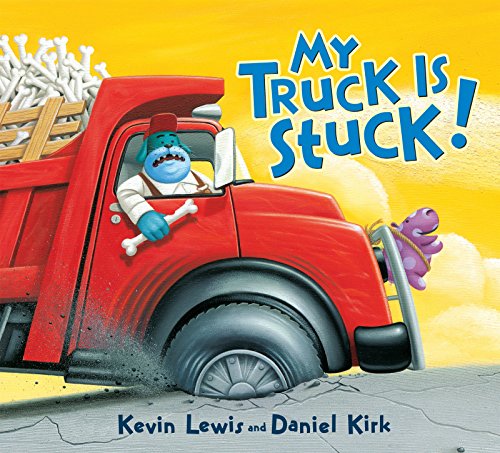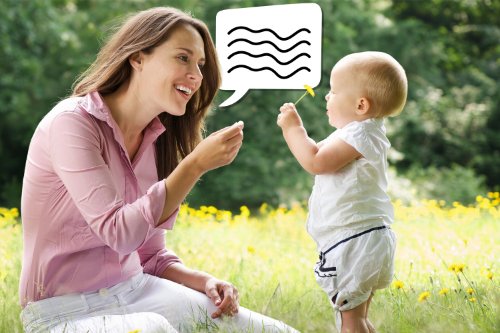Just Being in the Same Classroom Is Not Enough: How to Promote Peer Interactions
December 09, 2023
In order to learn from their peers, children with delayed language skills need to interact regularly with children with stronger language skills. But is this interaction happening in preschool classrooms? Find out what the research says, and what educators can do to promote the kind of peer interactions that benefit children most.
Bring On the Books! 10 Tips for Reading with Autistic Children
November 14, 2023
Reading with your autistic child helps to build both their early literacy skills and communication skills. But did you know that the way you read with your child can make a big difference? Use these fun, simple tips to make the most of book reading to encourage your child to interact and learn.
Building Print Knowledge with My Truck Is Stuck
November 14, 2023
When you read with your child, how much attention do they pay to the words on the page? Do they realise that the written words play an important role in telling the story? Part of supporting your child’s early literacy is helping them understand that print has meaning. Use these tips to build your child’s awareness of print and lay an important foundation for reading and writing.
School Readiness Tip: Keep the Conversation Going
November 14, 2023
The best interactions with children happen during conversations that naturally continue when you follow the child’s lead. To follow the child’s lead, make a comment or ask a question related to what they have communicated. Then pause to give them a chance to respond. Keep this going back and forth! Here are some fun ways to keep conversations going and build language with young children.
Make Words Stand Out with the Four S’s!
October 19, 2023
Helping your child learn new words doesn’t require special toys or flash cards. By using the Hanen Four S’s strategy during everyday conversations, you can build your child’s understanding of new words and pave the way for your child to use them when they’re ready.
Building Perspective-taking Skills with They All Saw a Cat
October 19, 2023
When you encourage perspective-taking during book reading, you not only deepen your child’s understanding of the story, but also build the skills that help them understand why the people in their own lives act or respond the way they do. Use the tips in this Book Nook to spark conversations about how we all see and experience the world differently.
School Readiness Tip: Follow the Child’s Lead in Conversations
October 16, 2023
Follow the child’s lead means letting children start the conversation and then responding with interest to what they have said or communicated. When you wait (without speaking) to give children an opportunity to start a conversation, they may communicate with sounds, gestures or words. Child-led conversations motivate children to communicate, support their language development, and are associated with later academic success. Here are some fun things to try throughout the day.
Making Predictions with Let’s Go for a Drive
September 22, 2023
A great way to deepen your child’s understanding of story is to encourage them to predict actions and events in the book. Take your child on an adventure with Gerald and Piggy while encouraging your child to guess what might happen next.
School Readiness Tip: Find Times to Talk Throughout the Day
September 15, 2023
The best way to build a child’s language is to have conversations whenever you’re together. Children who have more conversations with adults develop better language skills and are more successful at school. Here are some fun ideas for you to try.







